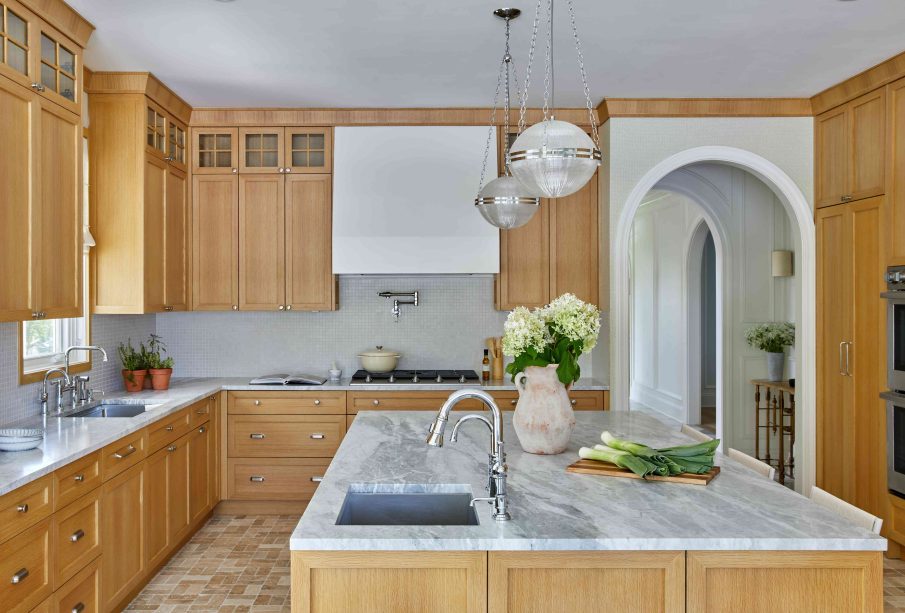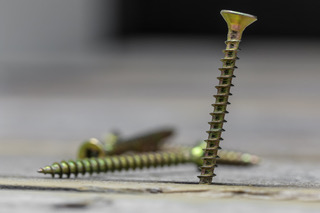Are Modern Kitchen Cabinets More Functional Than Traditional?

Kitchen design has evolved significantly over the years—not just in appearance, but in functionality. One of the biggest shifts can be seen in cabinetry. While traditional cabinets bring charm and classic elegance, modern kitchen cabinets emphasize sleek design, minimalism, and efficiency. But are they really more functional than their traditional counterparts?
Understanding Traditional vs. Modern Cabinets
Traditional Cabinets
Traditional kitchen cabinets often feature raised panels, ornate trim, and rich wood finishes. They bring a warm, timeless feel to kitchens and are often crafted from solid wood. Storage features tend to be more straightforward, relying on fixed shelves and standard drawers.Modern Cabinets
Modern cabinets favor flat-panel doors, clean lines, and a clutter-free look. They often come in neutral colors like white, gray, or matte black, and may use materials like laminate, acrylic, or engineered wood. Their minimalist appearance is usually paired with built-in functionality.Comparing Functionality: Modern vs. Traditional
Storage Innovations
Modern cabinets often include innovative storage features that traditional styles lack, such as:- Soft-close drawers and doors
- Pull-out shelves
- Vertical tray dividers
- Built-in trash/recycling compartments
- Toe-kick drawers for extra space
Accessibility and Ergonomics
Functionality in a modern kitchen often emphasizes ease of access. Full-extension drawers and lift-up doors make items easier to reach without excessive bending or searching. Traditional cabinets tend to rely more on fixed shelving, which can be harder to navigate.Flexibility and Customization
Modern cabinet systems are often modular, allowing for more flexibility in kitchen design. Homeowners can choose different heights, widths, and internal accessories to tailor the kitchen to their needs. While traditional cabinets can be customized, they often require more time and cost to modify.Aesthetic Influence on Use
Clean Lines for Visual Simplicity
Modern designs prioritize minimalism. Without ornate details, cabinet fronts are easier to clean and maintain. This simplicity also makes modern kitchens feel more spacious and organized.Hidden Hardware
Many modern cabinets use integrated handles or push-to-open mechanisms, reducing visual clutter and enhancing safety—particularly in smaller kitchens where space is limited. In the middle of these innovations, modern kitchen cabinets stand out not only for their contemporary appeal but also for integrating clever functionality into their sleek form. They’re designed to align with how people live and work in kitchens today—more multitasking, more tools, and often less space.When Traditional Cabinets Still Make Sense
Despite the advantages of modern designs, traditional cabinets still offer benefits:- Durability: Solid wood options are built to last and resist wear.
- Style Compatibility: Ideal for homes with classic or vintage aesthetics.
- Timelessness: They don’t go out of style as quickly and may appeal more in heritage homes.











